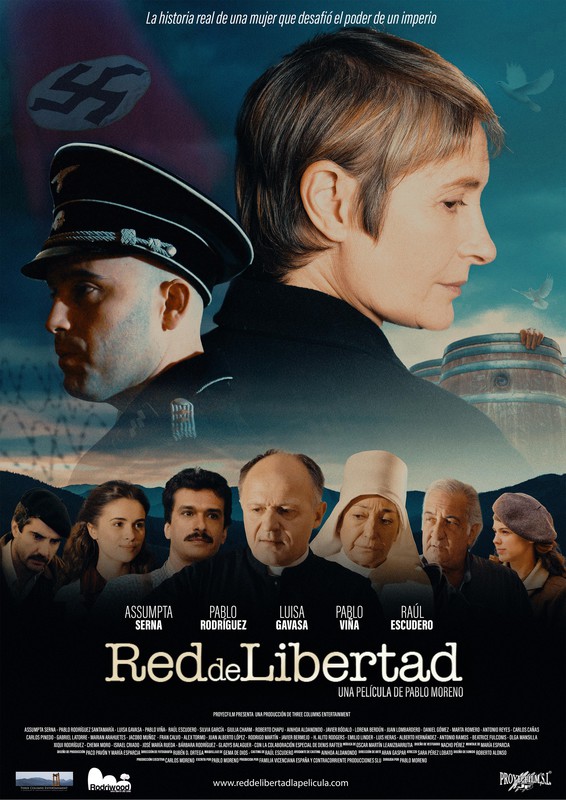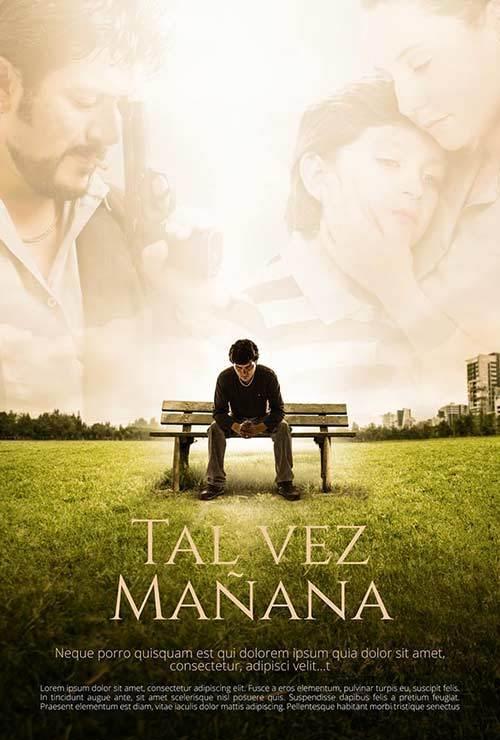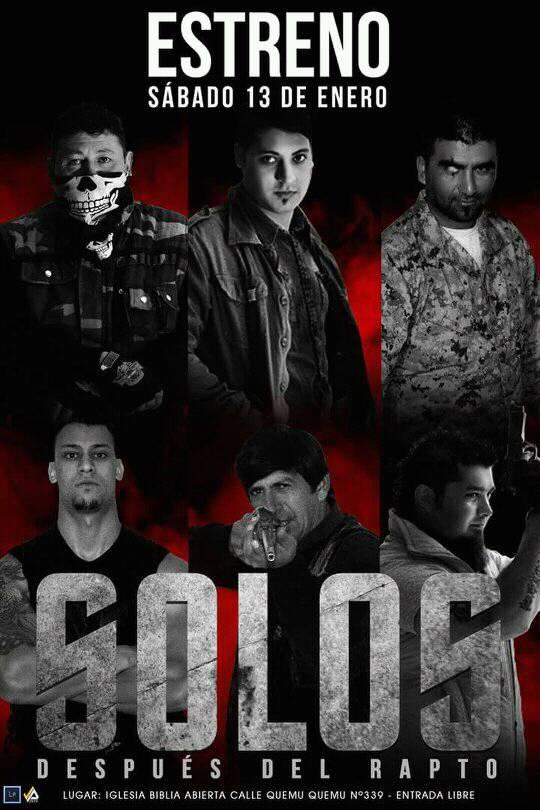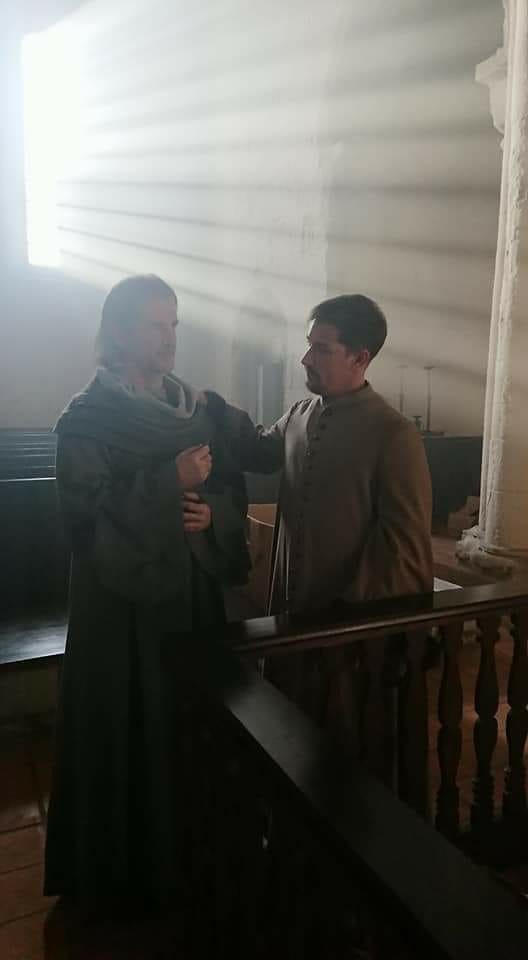Freedom Net
Pablo Moreno
Spain
|
Set in France during the Second World War, this film tells the true
story of the extraordinary work of Helen Studler, a nun of the order the Daughters of Charity, who saved the lives of thousands. She prevented the capture of and liberated refugees and enemies of not only the Reich but those who would collaborate with them. She would save General Giraud and future President of France Francois Mitterand.
With no concern for her own safety she created a network of like-minded men and women that would forever change the lives of orphans, the elderly, the lost and the defeated, prisoners and spread hope in the darkest days of mans history.
|

|
Where Is My Home
The Church of Almighty God
Korea, Republic of
|
“Where Is My Home” has been adapted from a true experience of a Christian. The film describes in detail the protagonist’s life of wandering from home to home at a young age as a result of her parents’ divorce. After growing up she suffers even more painful events such as accidents in the home, illness of her mother, death of her father, and estrangement from her relatives and friends. It is only after she believes in God that she begins to come out from her suffering and find a happy life. By believing in God, the protagonist discovers a true sense of belonging in her soul, bringing a ray of hope to all those who live amidst suffering and helplessness.
|

|
|
Maybe tomorrow
Dwight Gregorich
Ecuador
|
Jacobo is a convicted man, who has regained his freedom. Now he returns home trying to rebuild his life and move his family forward; but in the process, he will discover that it is not a simple task to carry. Discriminated by society, Jacobo will face a number of difficulties and little by little, his new beliefs will be tested. Everything becomes more complicated when Tony, a former partner of misdeeds arrives with an offer that could solve all Jacobo´s problems.
|

|
Alone, after the rapture
Paul Reyes
Argentina
|
The film shows life after the 'Rapture' of God; all kinds of violence and injustice on earth.
A group of villains wants to control everything that happens in a small city, that means persecuting and torturing a group of people who seek their salvation at all costs.
|

|
The Devoted
Pozsgai Zsolt
Hungary
|
1536 – Europe is in flames. The Roman Catholic Church and the followers of Reformation started by Luther are fighting with each other: the Roman Catholic Church, which has descended to unprecedented ethical and moral depths and the new type of messages of the Reformation. The pyres are on fire: the high priests of the Roman Catholic Church are burning the followers of the Reformation, and the monarchs who have converted to the Reformed faith are craving for revenge, and are persecuting the Catholics. This is the athmosphere in which the young Calvin appears, trying to solidify the new teachings in the capital of Reformation, Geneva, and trying to convert the whole of Switzerland. In the churches debates about religion are taking place – the film is about one of the most famous such debates. While Calvin is trying to convert the town of Lausanne, he is faced with a worthy opponent: Ignatius of Loyola, later the founder of the Jesuit order and receiving the title of Saint. But now he is only a wandering priest on his way to Rome, who wants to renew the Roman Catholic Church from inside. He is Calvin's opponent in the debate about religion. A religious reformer wanting to destroy everything to build a completely new Europe – and another reformer who wishes to reform his church based on the ancient Christian doctrines. During the debate we get to know the two men's lives and the road leading up to the debate itself. The film depicts love, treason, we see burnt masters, faith and faithlessness and also the ultimate question: is the renewal of contemporary Europe only possible through destruction, dead bodies and horror, wars and killing? We can also draw conclusions for the present. The film was produced in the 500th jubilee year of the Reformation.
|

|